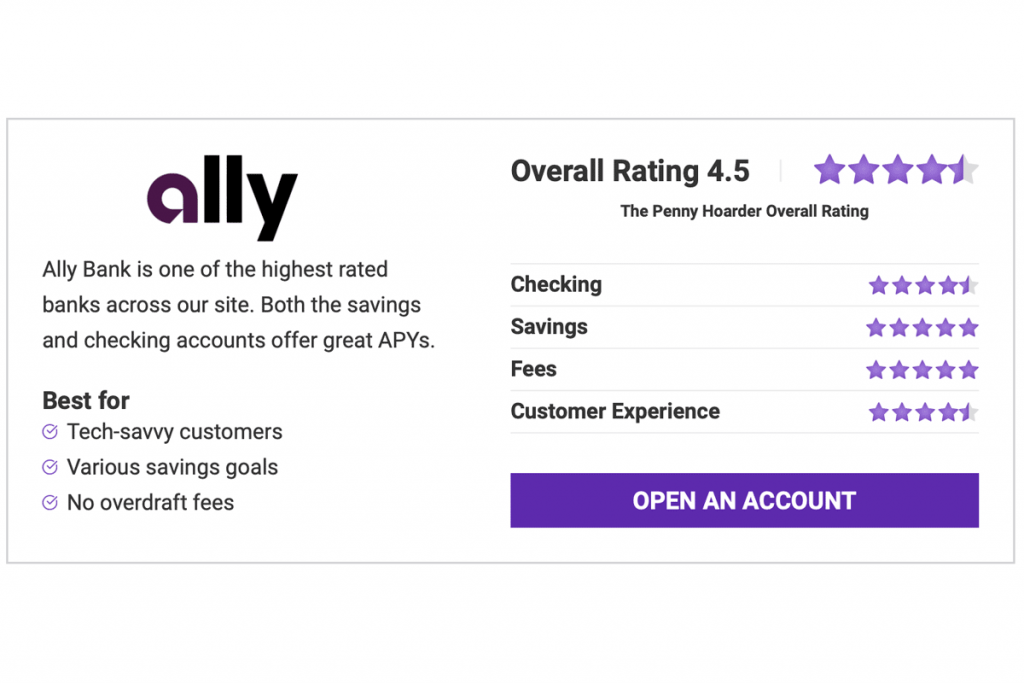Let’s make it clear right off the bat: Your generation is the best generation, OK?
And no matter which generation you happen to belong to, there’s plenty you can learn from the financial mistakes of previous generations, who all behaved in financially unwise ways.
If you’re Gen Z, you can avoid the house-hunting regrets of millennials. If you’re a millennial, you can learn from the credit card disasters of Gen X. If you’re Gen X, there’s still time to avoid repeating the retirement mistakes of the baby boomers. And if you’re a boomer, hey, you already know everything, right?
Kidding, y’all! We’re just kidding! (Full disclosure: The writer of this piece is Gen X, so he doesn’t really matter.)
What can we learn from previous generations’ financial mistakes?
1. Gen Z? Avoid Millennials’ Regrets
If you’re Gen Z, you can avoid the house-hunting regrets of millennials.
A survey of homebuyers in 2017 found that 57% of millennial homeowners surveyed would have done something differently if they got a do-over on the homebuying process. More than a quarter — 28% — wished they’d saved more before making the purchase.
It’s easy to automatically sock away some savings with an app like Aspiration. With a digital Aspiration account — a hybrid of checking and savings — you can earn up to 20 times the average interest on your savings balance. (The FDIC reports that the average account earns just .05%.) You also get a debit card that earns you up to 5% cash back on purchases.
You can automatically sock away some savings every payday. It takes five minutes to sign up.
2. Millennial? Avoid Gen X’s Credit Card Hell
So, we’re obviously not going to talk about millennials like, you irresponsible kids and your avocado toast. The fact is, elder millennials are pushing 40 these days. Millennials are middle management now.
So it’s not too late to avoid being sucked into the credit card hell that mauled Generation X so badly. And I say that as a member of Generation X.
Credit card debt is the most expensive kind of debt, and your credit card company is just getting rich by ripping you off with high interest rates. But a website called Fiona could help you pay off that bill as soon as tomorrow.
Here’s how it works: Fiona can match you with a low-interest loan you can use to pay off every credit card balance you have. The benefit? You’re left with just one bill to pay every month, and because the interest rate is so much lower, you can get out of debt so much faster. Plus, no credit card payment this month.
If your credit score is at least 620, Fiona can help you borrow up to $250,000 (no collateral needed) with fixed rates starting at 2.49% and terms from 6 to 144 months.
Fiona won’t make you stand in line or call a bank. And if you’re worried you won’t qualify, it’s free to check online. It takes just two minutes, and it could save you thousands of dollars. Totally worth it.
All that credit card debt — and the anxiety that comes with it — could be gone by tomorrow.
3. Gen Z or Millennial? Don’t Wait Too Long to Start Investing
If you’re young, here’s another thing to learn from your elders’ misguided ways. Many of them wish they’d gotten started investing back when they were your age.
For example: These days, Amazon stock is valued at around $3,700 a share. Twenty years ago, it was $14. A relatively modest investment back then would have easily made that investor a millionaire by today.
You really don’t need much to get started. Whether you’ve got $5, $100 or $800 to spare, you can start investing with Robinhood.
Yeah, you’ve probably heard of Robinhood. Both investing beginners and pros love it because it doesn’t charge commission fees, and you can buy and sell stocks for free — no limits. Plus, it’s super easy to use.
What’s best? When you download the app and fund your account (it takes no more than a few minutes), Robinhood drops a share of free stock into your account. It’s random, though, so that stock could be worth anywhere from $2.50 to $200 — a nice boost to help you build your investments.
4. Invest in Famous Art (Even if You’re Not a Millionaire) Like Boomers Did
Here’s the deal: If you’re not investing in contemporary art, you might be missing out on an asset whose prices have historically outpaced the S&P by 164% from 1995 – 2020. (FYI, the S&P tracks 500 of the largest companies in the stock market)
You’re probably thinking you need at least a few more zeros in your checking account before you can even start thinking about that, right?
But a company called Masterworks lets normal people like us invest in multimillion-dollar works of art — something normally only available to the super rich.
But you don’t need hundreds of thousands of dollars to buy a masterpiece outright; with Masterworks, you can buy shares representing an investment in art.
It takes less than a minute to sign up for a free account.
Investing in contemporary art is a long-term strategy, so patience pays off here — literally. But once your piece of art sells, you get your share of the potential profits.
*See important Regulation A disclosures at masterworks.io/cd
5. No Matter Your Age, Think About the Next Generation
No matter what your generation — no matter what your age — this past year has made a lot of us think about our mortality.
There was a surge of interest in life insurance during the pandemic, as more Americans realized they probably need it.
Also, more people are seeking out no-exam life insurance because they don’t want to go to a doctor’s office for an in-person exam. Companies like Bestow use algorithms instead of medical exams to evaluate applicants.
Rates start at just $16 a month. You could leave your family up to $1 million. The peace of mind knowing your family is taken care of is priceless.
If you’re under the age of 54 and want to get a fast life insurance quote without leaving your home, get a free quote from Bestow.
Whether you’re Gen Z, a millennial, Gen X or a baby boomer, there’s plenty you can learn from previous generations about what to do — and what not to do.
Mike Brassfield ([email protected]) is a senior writer at The Penny Hoarder. He is a member of Generation X so, like, whatever man.
Credit: Source link














